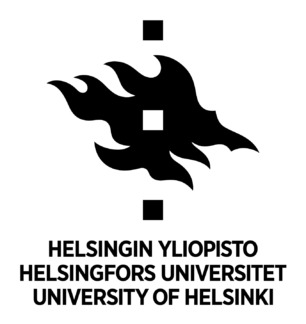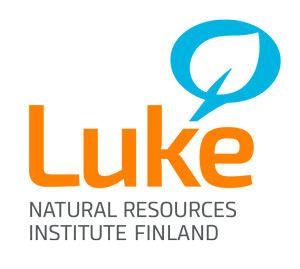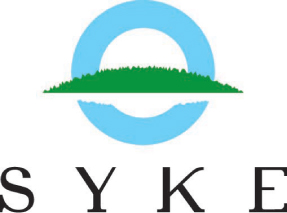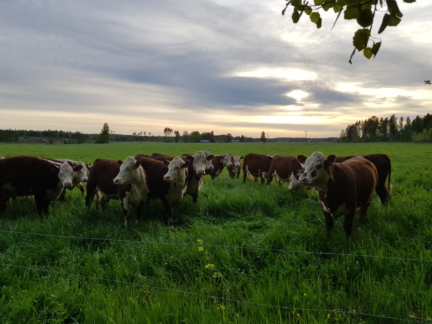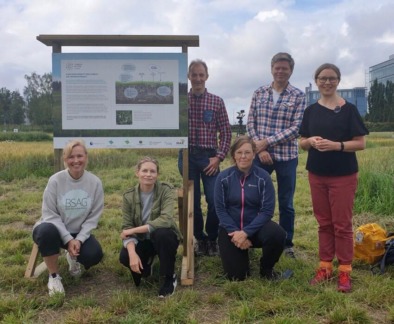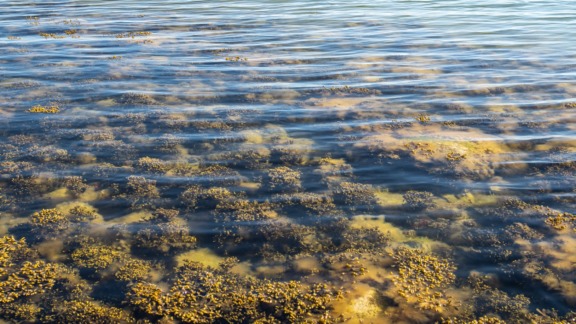Carbon sequestration on farmland and the factors that affect it, can now be monitored in real time on the new Field Observatory website.
STN MULTA research consortium
Regenerative Agriculture, Carbon Action
Creating a food system that is good for people and nature through cooperation
Climate-smart regenerative agriculture improves soil health and the ability of soil to retain water and nutrients. It also improves food security and the quality of food and strengthens biodiversity. The Stn MULTA consortium researches and develops ways of increasing and scientifically verifying soil carbon sequestration.
Official name
Stn MULTA: Multi-benefit solutions to climate-smart agriculture
Duration
2019–2025
Persons in charge
Head: prof. Jari Liski (FMI), Deputy: prof. Kristiina Lång (Natural Resources Institute LUKE), Research Coordinators: Layla Höckerstedt (FMI), Åsa Stam, (FMI)
Consortium
Finnish Meteorological Institute, BSAG, University of Helsinki (INAR – Institute for Atmospheric and Earth System Research and the departments of microbiology, economy and agriculture), Natural Resources Institute Finland LUKE, Finnish Environment Institute SYKE, and University of Zurich.
Funder
Strategic Research Council at the Academy of Finland
Regenerative agriculture is a multi-beneficial climate solution
The food system is facing a need for systemic change. It should harness its significant potential to mitigate greenhouse gas emissions while producing healthy food sustainably for a growing population under changing environmental conditions.
The capability of regenerating soil to sequester atmospheric carbon dioxide is an underused asset of agriculture and one of the most effective natural climate solutions. Regenerative agriculture also supports other sustainability goals, such as soil health and productivity, biodiversity, water quality, resilience, and food quality.
stn MULTA designs climate-smart agricultural solutions that are widely beneficial to food systems and tests their application on a practical farm scale. The consortium also develops a verification system for carbon sequestration and other climate impacts to be used in policy and markets and develops economic measures and policies to promote the implementation of these solutions in Finland and abroad. Systemic change is created in collaboration between scientists, farmers, businesses, and policymakers.
Interdisciplinary studies
Stn MULTA project
1) studies processes of carbon sequestration and climate impacts focusing on knowledge gaps,
2) studies how these processes can be enhanced using farming practices and how these climate-smart practices can be implemented on farms,
3) develops a methodology for verifying carbon sequestration and the climate impacts for the purposes of climate and other policies and markets, and
4) studies policies and economics that support climate-smart farming and its role in the food system, climate policy and society in general.
Stakeholder engagement plays a key role
stn MULTA utilizes co-design and interaction with committed stakeholders to ensure the practicality and high societal impact of the project’s solutions.
The project designs and tests the agricultural practices on its network of 108 Carbon Action farms. It works together with major food companies all interested in improving the climate footprint of their production. It discusses the results and co-designs their impact on policies of climate, environment, and agriculture with politicians and civil servants in Finland and the EU.
National greenhouse gas inventories are also an impact channel as many European countries use our models in their inventories already. stn MULTA contacts media proactively to disseminate the results. The project’s work is a pilot example of implementing climate-smart agriculture in food systems, and has export potential to other countries.
Six work packages
Work package 1: ’’Processes in the soil’’, Prof. Jussi Heinonsalo, Department of Microbiology, University of Helsinki
Work package 2: ‘’Agricultural practices’’, Dr. Risto Uusitalo, Natural Resources Institute LUKE
Work package 3: ’’Verification’’: Associate Prof. Liisa Kulmala, FMI
Work package 4: ‘’Steering’’: Prof. emer. Markku Ollikainen, Department of Economics and Management, University of Helsinki
Work package 5: ‘’Interaction’’: Strategy Director Pieta Jarva, BSAG
Work package 6: ‘’Coordination’’: Chief Scientist Jari Liski, FMI
Other research sites and their PIs
Finnish Environment Institute SYKE, Principal researcher Tuomas Mattila
INAR – Institute for Atmospheric and Earth System Research, Prof. Annalea Lohila
University of Zürich, Prof. Anna-Liisa Laine (now in University of Helsinki)
Regenerative agriculture
Field Observatory
See how carbon is sequestered in real-time
CONTACT
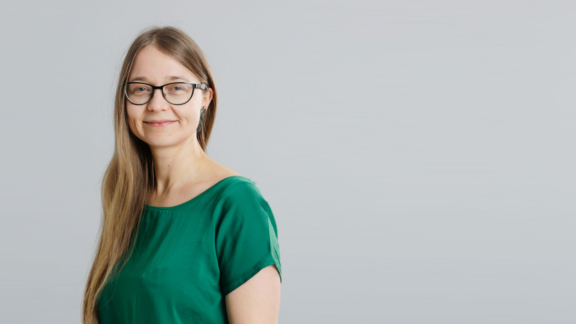

PROJECT PARTNERS

